September 17 stands as one of history’s most eventful days, witnessing the rise and fall of empires, groundbreaking discoveries, and moments that shaped our modern world across centuries of human achievement.
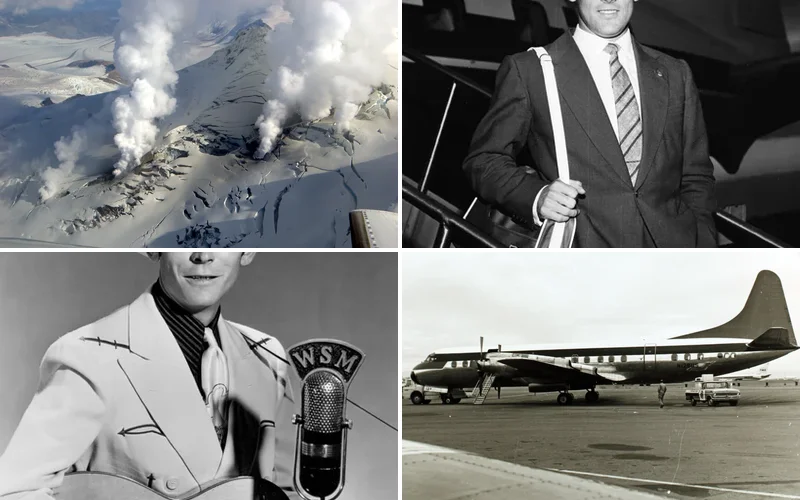
Politics and Government Events on September 17
1939 – Soviet Invasion of Poland Begins
Soviet forces launched their invasion of Poland from the east, coordinating with Nazi Germany’s western assault. This dual attack effectively sealed Poland’s fate and marked the beginning of Soviet territorial expansion.
The invasion came just sixteen days after Germany’s initial attack, catching Polish forces completely off guard. Stalin’s decision to honor the secret Molotov-Ribbentrop Pact divided Poland between the two totalitarian powers.
1948 – Nizam of Hyderabad Surrenders to Indian Union
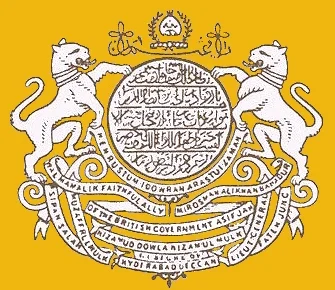
The Nizam of Hyderabad formally surrendered his sovereignty and joined the newly independent Indian Union. This bloodless integration ended months of tension between the princely state and the Indian government.
The surrender came after Operation Polo, when Indian forces moved into Hyderabad territory. The Nizam’s capitulation secured India’s territorial integrity and eliminated a potential source of future conflict.
1961 – Estonia and Other Nations Join United Nations
Estonia, Latvia, Lithuania, North Korea, South Korea, the Marshall Islands, and Micronesia gained UN membership simultaneously. This mass admission reflected the changing global political landscape following the Cold War’s end.
The Baltic states’ membership marked their return to international recognition after decades of Soviet occupation. The Korean nations’ joint admission demonstrated the UN’s commitment to universal representation despite ongoing regional tensions.
1974 – Three Nations Join United Nations
Bangladesh, Grenada, and Guinea-Bissau simultaneously joined the United Nations as full members. This triple admission reflected the ongoing decolonization movement and the emergence of new sovereign states.
Bangladesh’s membership came just three years after its independence from Pakistan. The simultaneous admission of these diverse nations demonstrated the UN’s growing global reach and inclusivity.
1914 – Andrew Fisher Becomes Australian Prime Minister

Andrew Fisher assumed the office of Prime Minister of Australia for the third time. His Labor Party’s return to power came at a crucial moment as World War I erupted across Europe.
Fisher’s government would soon commit Australia to the war effort with his famous pledge of support “to the last man and the last shilling.” His leadership would prove decisive in shaping Australia’s wartime policies and national identity.
1930 – Kurdish Ararat Rebellion Suppressed
Turkish forces successfully suppressed the Kurdish Ararat rebellion, ending a significant challenge to the new Turkish Republic. The rebellion had sought to establish Kurdish autonomy in eastern Turkey.
The suppression marked a decisive victory for Turkish nationalism and centralized government control. This event would have lasting implications for Kurdish-Turkish relations throughout the twentieth century.
Military and Naval History on September 17
1901 – Battle of Blood River Poort
A Boer column achieved a decisive victory over British forces at the Battle of Blood River Poort during the Second Boer War. The engagement demonstrated the Boers’ continued military effectiveness despite being outnumbered.
The victory boosted Boer morale and prolonged the conflict by several months. British commanders were forced to reassess their tactics against the skilled Boer commandos.
1916 – Red Baron’s First Victory
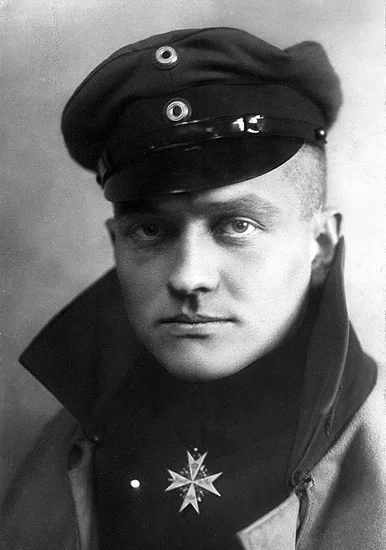
Manfred von Richthofen scored his first aerial combat victory near Cambrai, France, beginning his legendary career as “The Red Baron.” The German flying ace would become World War I’s most famous pilot.
This initial victory launched Richthofen toward his eventual record of 80 confirmed kills. His success symbolized the evolution of aerial warfare from reconnaissance to deadly combat.
1944 – Operation Market Garden Launches
Allied airborne troops parachuted into the Netherlands while British XXX Corps advanced as part of Operation Market Garden. The ambitious plan aimed to secure key bridges and end the war by Christmas.
The operation represented the largest airborne assault in history at that time. Despite initial success, the mission would ultimately fail at Arnhem, prolonging the war in Europe.
1939 – German U-boat Sinks HMS Courageous
German submarine U-29 torpedoed and sank the British aircraft carrier HMS Courageous in the Western Approaches. The attack claimed 519 lives and demonstrated the deadly effectiveness of German submarine warfare.
The sinking shocked the Royal Navy and forced immediate changes to carrier operations. British naval strategy had to adapt quickly to the submarine threat in the Atlantic.
1940 – Hitler Postpones Operation Sea Lion
Adolf Hitler postponed Operation Sea Lion, the planned invasion of Britain, due to setbacks in the Battle of Britain. The decision marked a crucial turning point in World War II.
The postponement gave Britain vital breathing room to strengthen its defenses. Hitler’s hesitation would prove costly as the window for invasion gradually closed.
1944 – Soviet Tallinn Offensive Begins
Soviet forces launched the Tallinn Offensive against German troops and pro-independence Estonian units. The operation aimed to liberate Estonia’s capital and secure the Baltic region.
The offensive represented a crucial phase in the Soviet reconquest of the Baltic states. Estonian hopes for independence were crushed as Soviet forces advanced westward.
Science and Discovery Milestones on September 17
1908 – First Airplane Fatality
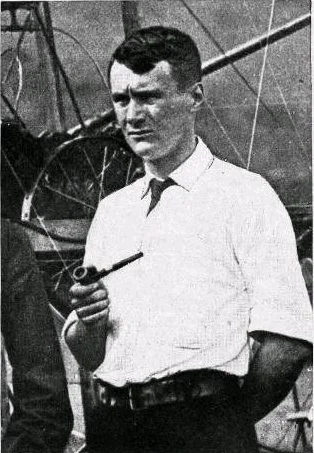
The Wright Flyer piloted by Orville Wright crashed with Lieutenant Thomas Selfridge as passenger, killing Selfridge instantly. This tragedy marked aviation’s first fatality and sobered the rapidly advancing field.
The accident occurred during Army trials at Fort Myer, Virginia, when a propeller blade split. Selfridge’s death highlighted the dangerous nature of early aviation and the need for improved safety measures.
1976 – Space Shuttle Enterprise Unveiled

NASA unveiled the Space Shuttle Enterprise, marking a revolutionary step in space exploration technology. The prototype shuttle represented America’s commitment to reusable spacecraft and regular space access.
Enterprise would never fly in space but served as the crucial test vehicle for the shuttle program. Its unveiling symbolized American determination to maintain space leadership after the Apollo program.
1991 – Linux Kernel 0.01 Released
The first version of the Linux kernel was released to the Internet by Linus Torvalds. This humble beginning would eventually revolutionize computing and challenge proprietary operating systems.
The release marked the birth of one of the most important open-source projects in history. Linux would grow to power everything from smartphones to supercomputers worldwide.
2006 – Fourpeaked Mountain Erupts
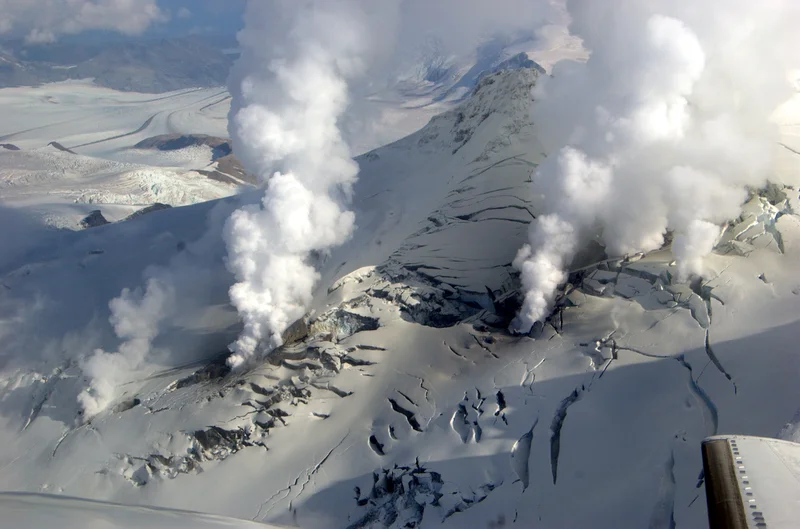
Fourpeaked Mountain in Alaska erupted for the first time in at least 10,000 years, surprising volcanologists worldwide. The unexpected eruption demonstrated nature’s unpredictability and the need for constant geological monitoring.
The eruption sent ash clouds high into the atmosphere and prompted immediate scientific investigation. Researchers scrambled to understand what had triggered the long-dormant volcano’s awakening.
Cultural and Arts Events on September 17
1983 – Vanessa Williams Becomes First Black Miss America

Vanessa Williams made history by becoming the first African American woman crowned Miss America. Her victory broke a significant racial barrier in American beauty pageants.
Williams’ crowning represented progress in civil rights and changing social attitudes. Her achievement opened doors for future contestants and challenged traditional beauty standards.
2013 – Grand Theft Auto V Breaks Records

Grand Theft Auto V generated over half a billion dollars in revenue on its first day of release. The video game’s unprecedented success demonstrated the massive scale of the modern gaming industry.
The game’s launch represented a cultural phenomenon that transcended traditional entertainment boundaries. Its success highlighted video games’ evolution into a dominant form of popular culture.
1920 – National Football League Organized
The National Football League was organized as the American Professional Football Association in Canton, Ohio. This founding meeting established the framework for America’s most popular professional sport.
The league’s formation brought order to the chaotic world of professional football. Team owners agreed on standardized rules and fair competition practices that would guide the sport’s future.
1961 – Civic Arena Opens

The world’s first retractable roof stadium, the Civic Arena, opened in Pittsburgh, Pennsylvania. This architectural innovation revolutionized stadium design and enhanced spectator experiences.
The arena’s unique design allowed for both indoor and outdoor events at the same venue. Its opening marked a new era in sports facility construction and engineering capabilities.
Religious and Social Events on September 17
1978 – Camp David Accords Signed
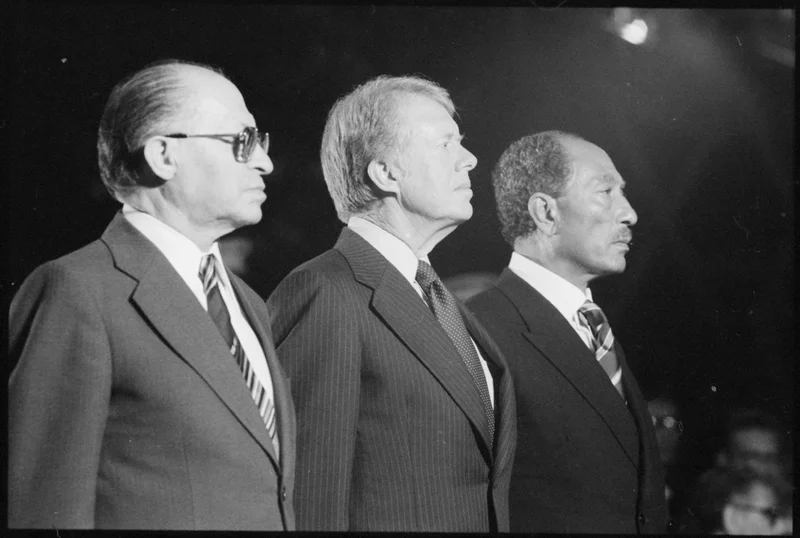
Israeli Prime Minister Menachem Begin and Egyptian President Anwar Sadat signed the Camp David Accords, brokered by President Jimmy Carter. The agreement established a framework for peace between the two nations.
The accords represented a breakthrough in Middle Eastern diplomacy after decades of conflict. Sadat’s willingness to recognize Israel and Begin’s agreement to return the Sinai Peninsula created hope for regional stability.
1948 – Count Folke Bernadotte Assassinated
The Lehi organization assassinated Count Folke Bernadotte, the UN mediator appointed to resolve the Arab-Israeli conflict. The Swedish diplomat’s death shocked the international community and complicated peace efforts.
Bernadotte had been working to establish a peaceful resolution to the Palestinian question. His assassination by Jewish extremists highlighted the deep divisions and violence surrounding the creation of Israel.
1980 – Solidarity Trade Union Established
The independent trade union Solidarity was established in Poland after weeks of strikes at the Lenin Shipyard in Gdańsk. The union’s formation marked a crucial step toward challenging communist rule.
Solidarity’s creation represented the first independent labor organization in the Soviet bloc. The union would eventually grow to ten million members and play a decisive role in ending communist rule in Poland.
1992 – Iranian Kurdish Leader Assassinated
An Iranian Kurdish leader and two associates were assassinated by political militants in Berlin. The killings highlighted the ongoing persecution of Kurdish political activists by Iranian authorities.
The assassination demonstrated the international reach of state-sponsored terrorism. The incident strained relations between Iran and European nations hosting Kurdish exile communities.
Business and Economic Events on September 17
2001 – New York Stock Exchange Reopens
The New York Stock Exchange reopened for trading after the September 11 attacks, ending its longest closure since the Great Depression. The reopening symbolized American economic resilience and determination.
Trading resumed amid heavy security and emotional ceremony as the nation began its economic recovery. The market’s reopening sent a powerful message that terrorism could not destroy American capitalism.
1932 – Speech Escalates Leticia Incident
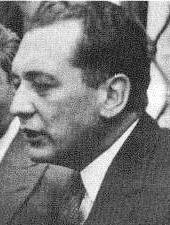
A speech by Colombian politician Laureano Gómez escalated the Leticia Incident between Colombia and Peru. The territorial dispute over the Amazon region threatened to spark a full-scale war.
Gómez’s inflammatory rhetoric increased tensions over the disputed territory along the Amazon River. The incident would eventually be resolved through League of Nations mediation, but not before bringing the nations to the brink of war.
1949 – SS Noronic Burns in Toronto
The Canadian steamship SS Noronic caught fire in Toronto Harbour, killing over 118 passengers and crew. The maritime disaster highlighted serious safety deficiencies in passenger vessel regulations.
The tragedy led to comprehensive reforms in ship safety standards and fire prevention measures. The Noronic disaster remains one of Canada’s worst maritime accidents and prompted international maritime safety improvements.
1924 – Border Protection Corps Established

The Second Polish Republic established the Border Protection Corps to defend its eastern frontier against Soviet raids and bandits. The paramilitary organization reflected Poland’s precarious security situation.
The corps’ formation demonstrated Poland’s determination to protect its newly won independence. The organization would play a crucial role in maintaining border security during the interwar period.
Transportation and Infrastructure on September 17
1914 – Race to the Sea Begins
World War I’s “Race to the Sea” began as opposing armies attempted to outflank each other toward the English Channel. This strategic movement would ultimately create the Western Front’s trench system.
The race represented both sides’ recognition that mobile warfare was becoming impossible. The result would be four years of devastating trench warfare stretching from the North Sea to Switzerland.
1935 – Niagara Gorge Railroad Ceases Operations
The Niagara Gorge Railroad ceased operations after a devastating rockslide blocked the tracks. The scenic railway had provided tourists with spectacular views of the Niagara River gorge.
The railroad’s closure marked the end of an era for Niagara Falls tourism. The line had been a popular attraction, taking visitors through some of the region’s most beautiful and dangerous terrain.
1961 – Northwest Orient Flight 706 Crashes
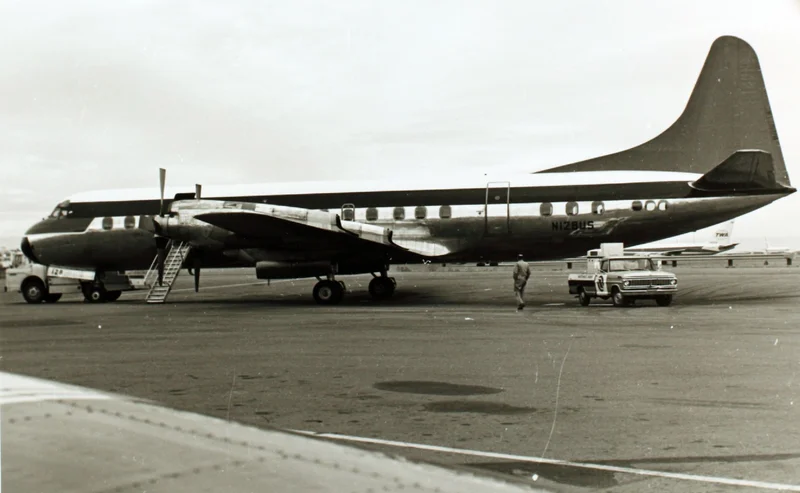
Northwest Orient Airlines Flight 706 crashed during takeoff from O’Hare International Airport in Chicago, killing all 37 people aboard. The disaster highlighted the dangers of early jet aviation.
The crash occurred when the Lockheed Electra suffered mechanical failure during takeoff. The tragedy led to intensive investigation of the aircraft type and improvements in aviation safety protocols.
1928 – Okeechobee Hurricane Strikes Florida
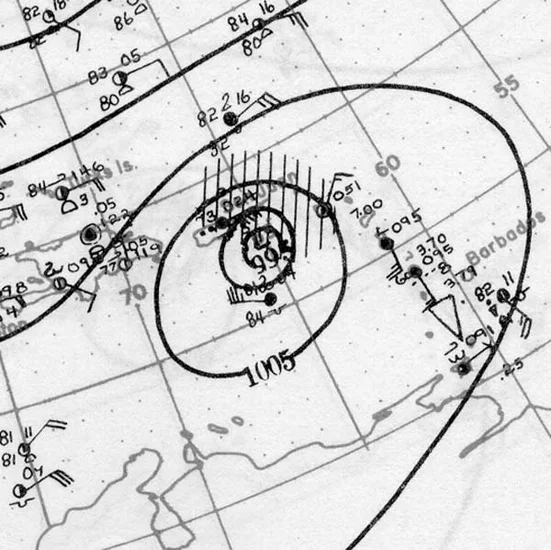
The devastating Okeechobee hurricane struck southeastern Florida, killing more than 2,500 people. The Category 4 storm remains one of the deadliest natural disasters in American history.
The hurricane’s storm surge overwhelmed the inadequate dikes around Lake Okeechobee, flooding surrounding communities. The disaster led to major improvements in flood control and hurricane preparedness in South Florida.
Sports and Recreation on September 17
1965 – Battle of Chawinda
The Battle of Chawinda was fought between Pakistani and Indian forces during the Indo-Pakistani War of 1965. The engagement represented one of the largest tank battles since World War II.
The battle demonstrated both nations’ military capabilities and the intensity of their rivalry. The conflict would eventually end in stalemate, but not before significant casualties on both sides.
1950 – People’s Liberation Army Air Force Airborne Corps Founded

The People’s Liberation Army Air Force Airborne Corps was established in China, initially known as the PLAAF 1st Ground Forces Brigade. The unit represented China’s commitment to modern airborne warfare capabilities.
The corps’ founding reflected China’s military modernization efforts during the early communist period. The airborne forces would become crucial components of Chinese military strategy and power projection.
2016 – Bombs Explode in New Jersey and Manhattan

Two bombs exploded in Seaside Park, New Jersey, and Manhattan, injuring thirty-one people in the Manhattan incident. The attacks created widespread fear and prompted massive security responses.
The bombings occurred during a busy weekend in New York City and disrupted normal life. Law enforcement agencies launched intensive investigations that would eventually lead to the perpetrator’s capture.
2018 – Russian Aircraft Shot Down Over Mediterranean
A Russian reconnaissance aircraft carrying fifteen people was shot down by a Syrian surface-to-air missile over the Mediterranean Sea. The incident created diplomatic tensions between Russia and Israel.
The aircraft was mistakenly targeted during Israeli airstrikes on Syrian positions. The incident highlighted the complex and dangerous nature of military operations in the Syrian conflict zone.
Notable Births on September 17
1923 – Hank Williams Born

American country music legend Hank Williams was born in Mount Olive, Alabama. His distinctive voice and heartfelt songwriting would revolutionize country music and influence generations of musicians.
Williams’ brief career produced timeless classics like “Your Cheatin’ Heart” and “I’m So Lonesome I Could Cry.” His tragic death at age 29 cemented his status as country music’s first major star.
1950 – Narendra Modi Born

Indian politician Narendra Modi was born in Vadnagar, Gujarat. He would rise from humble beginnings to become India’s 14th Prime Minister and one of the world’s most influential leaders.
Modi’s political career began in the RSS before joining the BJP and becoming Gujarat’s Chief Minister. His economic policies and nationalist rhetoric would transform Indian politics and society.
1931 – Anne Bancroft Born

American actress Anne Bancroft was born in the Bronx, New York. She would become one of Hollywood’s most respected performers, winning an Academy Award for “The Miracle Worker.”
Bancroft’s versatility allowed her to excel in both dramatic and comedic roles. Her portrayal of Mrs. Robinson in “The Graduate” became one of cinema’s most iconic performances.
1929 – Stirling Moss Born
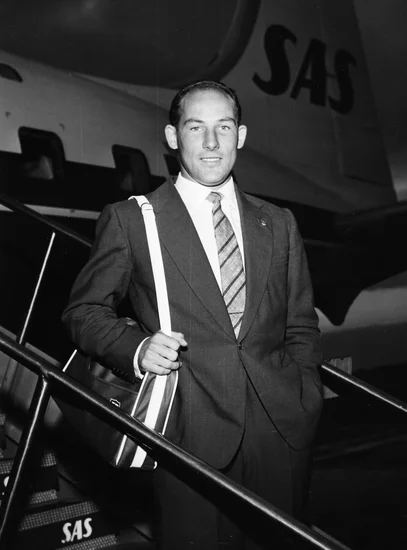
British racing driver Stirling Moss was born in London, England. He would become one of Formula One’s greatest drivers despite never winning a World Championship.
Moss competed in the golden age of motorsport, racing everything from Formula One cars to sports cars. His sportsmanship and skill earned him respect as “the greatest driver never to win the championship.”
1960 – Damon Hill Born

British Formula One driver Damon Hill was born in London, England. Following in his father Graham’s footsteps, he would win the 1996 World Championship and become a motorsport legend.
Hill’s career peaked during the 1990s when he drove for Williams Racing. His championship victory made him and his father the only father-son duo to win Formula One World Championships.
1945 – Phil Jackson Born

American basketball coach Phil Jackson was born in Deer Lodge, Montana. He would become the most successful coach in NBA history, winning eleven championships with the Chicago Bulls and Los Angeles Lakers.
Jackson’s “Zen Master” coaching philosophy combined Eastern philosophy with basketball strategy. His ability to manage superstar players and create championship teams was unmatched in professional sports.
1975 – Jimmie Johnson Born

American NASCAR driver Jimmie Johnson was born in El Cajon, California. He would become one of stock car racing’s greatest champions, winning seven NASCAR Cup Series titles.
Johnson’s dominance in the 2000s and 2010s established him as a NASCAR legend. His five consecutive championships from 2006-2010 represented an unprecedented achievement in motorsport.
1995 – Patrick Mahomes Born

American football quarterback Patrick Mahomes was born in Tyler, Texas. He would become one of the NFL’s most exciting players, leading the Kansas City Chiefs to multiple Super Bowl victories.
Mahomes’ unique arm talent and creativity revolutionized the quarterback position. His ability to make impossible throws and lead dramatic comebacks made him a global sports superstar.
Notable Deaths on September 17
1948 – Folke Bernadotte Dies
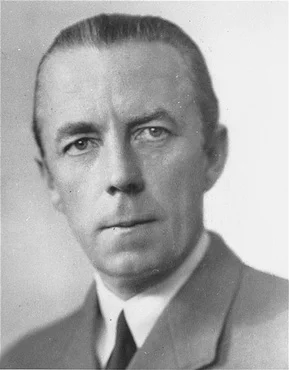
Swedish diplomat and UN mediator Count Folke Bernadotte was assassinated in Jerusalem while attempting to broker peace between Arabs and Israelis. His death shocked the international community and complicated Middle Eastern peace efforts.
Bernadotte had been appointed by the United Nations to mediate the Arab-Israeli conflict. His assassination by Jewish extremists highlighted the deep divisions and violence surrounding the creation of Israel.
1908 – Thomas Selfridge Dies
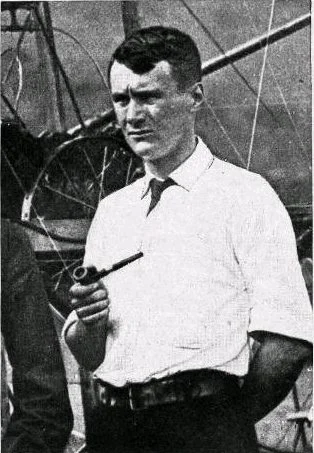
American Army Lieutenant Thomas Selfridge became aviation’s first fatality when the Wright Flyer crashed at Fort Myer, Virginia. His death marked a somber milestone in the development of powered flight.
Selfridge had volunteered to be Orville Wright’s passenger during Army trials of the Wright aircraft. The crash sobered the aviation community and highlighted the dangerous nature of early flight experiments.
1980 – Anastasio Somoza Debayle Dies
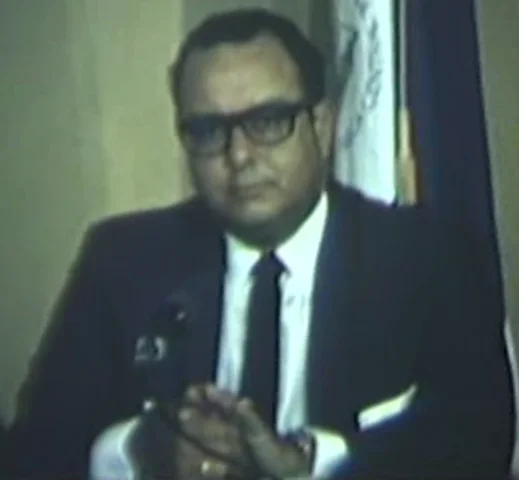
Former Nicaraguan President Anastasio Somoza Debayle was assassinated in Asunción, Paraguay, where he had fled after being overthrown by the Sandinistas. His death ended the Somoza family’s decades-long rule over Nicaragua.
Somoza had ruled Nicaragua as a dictator until the Sandinista revolution forced him into exile. His assassination represented the final chapter in one of Latin America’s most notorious political dynasties.
1996 – Spiro Agnew Dies
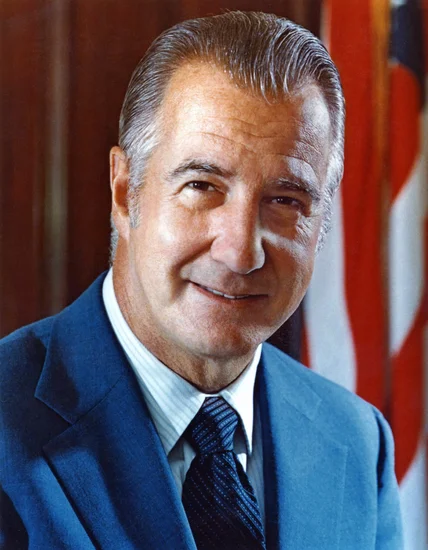
Former U.S. Vice President Spiro Agnew died in Berlin, Maryland, after suffering a stroke. His death closed the chapter on one of American politics’ most controversial figures.
Agnew had served as Richard Nixon’s Vice President until resigning in 1973 amid corruption charges. His combative style and eventual downfall made him a symbol of political scandal and controversy.
1961 – Adnan Menderes Dies

Turkish Prime Minister Adnan Menderes was executed following a military coup that had overthrown his government. His death marked a dark chapter in Turkish democratic history.
Menderes had led Turkey’s first democratically elected government but was accused of authoritarianism by military leaders. His execution shocked the Turkish nation and highlighted the military’s role in politics.
1997 – Red Skelton Dies
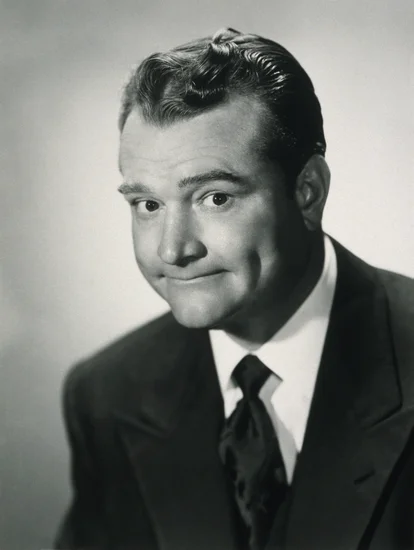
American comedian and entertainer Red Skelton died in Rancho Mirage, California, at age 84. His death marked the end of an era in American entertainment and comedy.
Skelton had entertained audiences for over six decades through vaudeville, radio, television, and film. His gentle humor and beloved characters made him one of America’s most cherished entertainers.
1948 – Ruth Benedict Dies
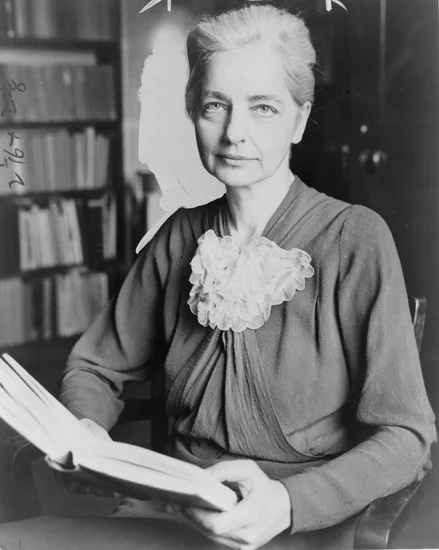
American anthropologist Ruth Benedict died in New York City, leaving behind a revolutionary legacy in cultural anthropology. Her work challenged prevailing assumptions about culture and human behavior.
Benedict’s book “Patterns of Culture” introduced the concept of cultural relativism to popular audiences. Her research on Native American cultures and Japanese society transformed anthropological understanding.
1994 – Karl Popper Dies
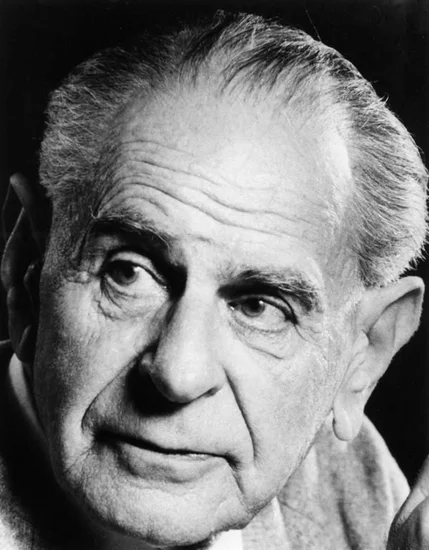
Austrian-British philosopher Karl Popper died in London, England, at age 92. His death marked the loss of one of the twentieth century’s most influential philosophers of science.
Popper’s work on the philosophy of science and political theory revolutionized academic thought. His concept of falsifiability and critique of totalitarianism shaped modern scientific and political discourse.
Holidays and Observances on September 17
Constitution Day and Citizenship Day
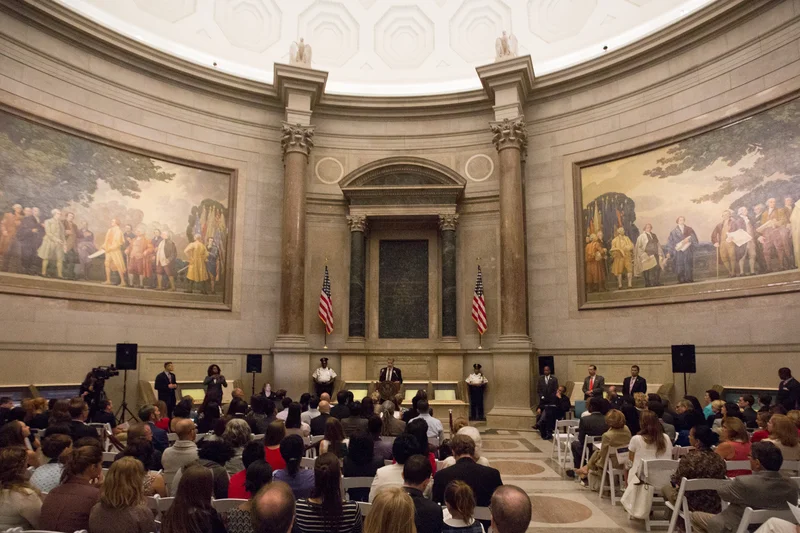
The United States observes Constitution Day and Citizenship Day, commemorating the signing of the U.S. Constitution in 1787. The holiday celebrates American democratic principles and the rights of citizenship.
Educational institutions across America use this day to teach students about constitutional government and civic responsibility. The observance marks the beginning of Constitution Week, promoting understanding of American democratic values.
Heroes’ Day in Angola
Angola celebrates Heroes’ Day, honoring those who fought for the country’s independence from Portuguese colonial rule. The holiday remembers the sacrifices made during the long struggle for freedom.
The day serves as a reminder of Angola’s difficult path to independence and the ongoing challenges of nation-building. Veterans and freedom fighters are especially honored during official ceremonies.
Teachers’ Day in Honduras
Honduras observes Teachers’ Day, recognizing educators’ vital role in society and national development. The holiday celebrates the teaching profession and its contribution to the country’s future.
Schools and communities organize special events to honor teachers and their dedication. The observance highlights education’s importance in Honduras’ social and economic progress.
Operation Market Garden Anniversary
The Netherlands remembers Operation Market Garden with parachuting demonstrations and memorial ceremonies. The anniversary honors both Allied forces and Dutch resistance members who participated in the operation.
Veterans and their families gather at key sites like Arnhem to commemorate the ambitious but ultimately unsuccessful operation. The observance serves as a reminder of the sacrifices made during World War II’s liberation of the Netherlands.
